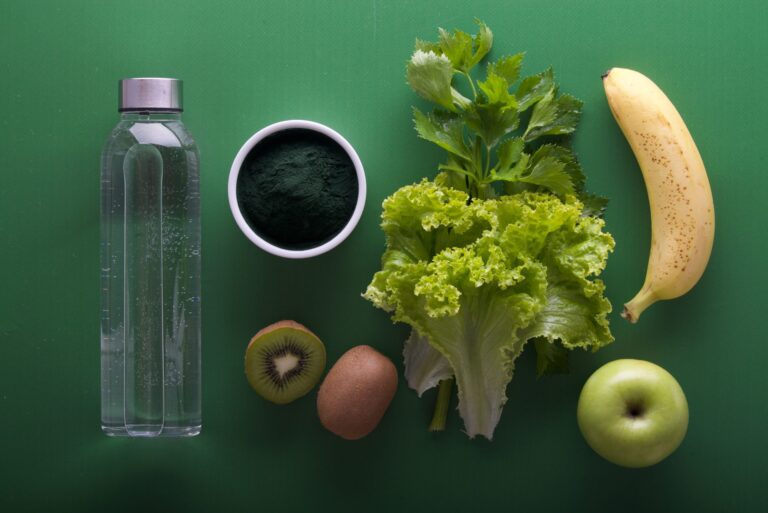What food is worth your money and what's a crock of sh**


The issue with food labels is they’re a combination of marketing, advertising, and provider of health facts.
It’s like a library where the fiction and nonfiction books are intermixed. You have to guess at what’s real.
While certain sections like the nutrition facts and ingredient list are heavily regulated by the government, other portions of the packaging are a free-for-all for companies to boast about whatever they please.
I’m not exaggerating here. Some claims don’t mean anything at all.
Nothing.
At least not under any type of law.
And spoiler alert: the term ‘natural’ is almost completely unregulated when it comes to food.
Natural only has legal meaning when it comes to meat and poultry. Any meat marked as natural has had no additional color or artificial ingredients added. It’s also only been minimal processed (aka the meat hasn’t been fundamentally altered).
But, those pricey health snacks you buy your kids; natural or all natural truly means nothing. There’s simply no definition of natural for any food beyond meat.
How’s that possible?
Both the U.S. Department of Agriculture (USDA) and the Food and Drug Administration (FDA) have jurisdiction over our food supply. Think of them like two siblings where one is the overachiever and the other is incredibly indecisive.
The USDA (the overachiever) mostly oversees meat, poultry, and egg products, and decided the word natural needed to be reined in. It was being overused and abused, so they enacted the above definition of natural.
The FDA on the other hand, which regulates almost all other food, hasn’t provided any rules or guidelines for what natural means.
Why is the FDA dragging their feet?
Well, think about it. What does natural really mean?
Could I label those popsicles that are just sugar and ice as natural?
Technically, sugar comes from sugar beets or sugar cane. Both are plants, so what’s not natural about growing our food?
The other major ingredient is water. Who would argue water isn’t natural?
The point I’m trying to make is that the use of the word natural can easily be a marketing gimmick. There are few laws, if any, about what’s natural and what’s not.
In my opinion, not worth the steep price for these foods. It’s simply a way to charge more for products. Unless we are talking about meat, poultry, and eggs.
But if you’re about to lose hope in food labelling don’t — ‘organic’ is an entirely different beast.
The USDA — you remember the department that spelled out exactly what natural means for meat products — directs the organic certification process and food labels.
So, organic actually means something. It highlights agricultural practices that emphasise soil quality, taking care of the environment, and minimizing use of synthetic substance to grow our food.
In fact, the USDA really outdid themselves and included several tiers of organic labels that can be used depending on the percent of the product that is actually organic.
For a product to advertise ‘100% organic,’ every single ingredient must be certified organic, whereas the plain ‘organic’ statement simply indicates every agricultural ingredient is organic. These are things like corn, milk, oats, and meat. Beyond that, there is some flexibility to allow up to 5% non-organic ingredients.
If a product is composed of several ingredients, but not all ingredients are organic, a ‘made with’ statement can be used if the product contains at least 70% certified organic ingredients. A ‘made with’ claim is when a food advertises something like ‘made with organic oats and blueberries.’
Again, the USDA is the overachiever.
At a time when both organic and natural foods are trendy and steeply priced, it’s important to know what you’re paying for.
Organic foods are produced without most conventional pesticides, synthetic fertilizers, or ionizing radiation. This is required by law. If these practices are important to you, organic is the way to go.
Meanwhile, natural is only meaningful when applied to meat, poultry, and egg products. Any other type of food marked as natural doesn’t have any legal meaning and makes no guarantees of agricultural practices. This all stems from the fact that the term natural is deeply unchecked when it comes to our food supply.

